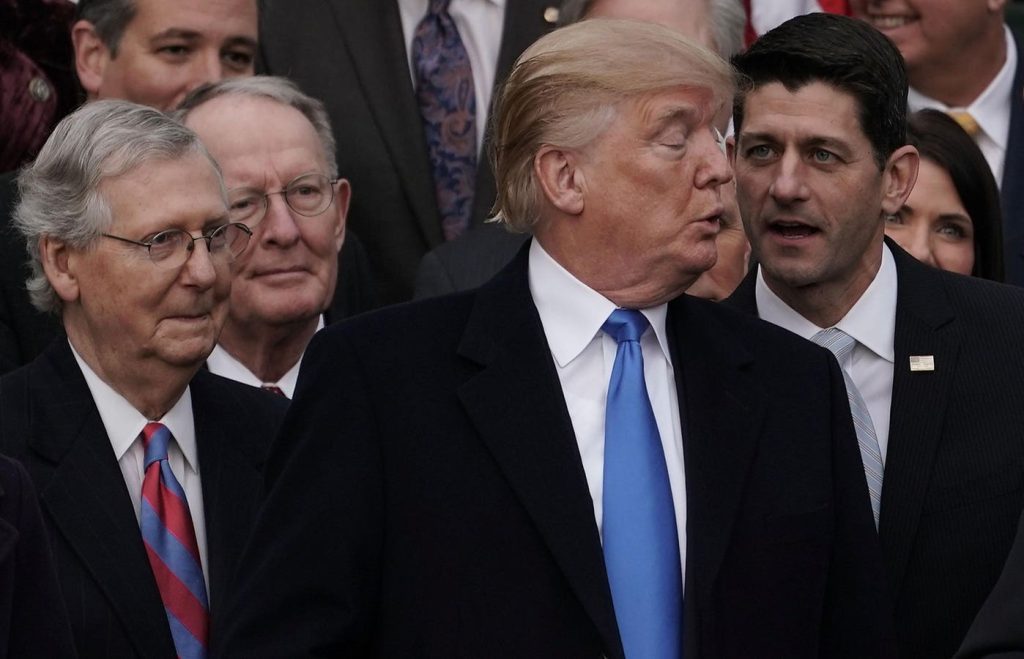President Biden recently caused a stir when he announced on social media that he would allow the individual provisions of the 2017 Tax Cuts and Jobs Act (TCJA) to expire as scheduled at the end of 2025. Critics have accused him of promising “Tax Hikes For All,” including raising taxes on most Americans, not just the wealthy. However, it is important to note that Biden’s statement was more political hyperbole than a concrete policy proposal.
While Biden indicated that he would let the TCJA expire, it is unlikely that he would scrap the entire law without replacing it. His recent budget included options for revising the TCJA, such as cutting taxes for some and raising them for others, without affecting the majority of households making under $400,000. Biden has been consistent in his promise to protect lower-income tax filers and could potentially replace the TCJA with a new package that retains key provisions under a different name.
The debate over whether Biden’s proposed changes equate to scrapping the TCJA entirely invokes philosophical questions about identity and continuity, such as the Ship of Theseus paradox. Regardless, the tax code is constantly evolving, with major shifts like the TCJA often being revisited and adjusted over time. Congress has a history of making changes to tax laws, so the concept of preserving the original TCJA in its entirety may not be applicable in this case.
Although Biden appears eager to move away from the TCJA, it is crucial to understand that changing the tax code is not a black-and-white process. Different provisions will inevitably be retained or altered, reflecting the complex nature of tax policy. Instead of focusing on whether Biden’s changes justify renaming the law, policymakers should prioritize ensuring that the tax code remains effective and fair for all Americans.
As the debate over the future of the TCJA continues, it is important to recognize that tax policy is a nuanced and ever-changing field. While Biden’s statements have sparked controversy, it is essential to consider the broader implications of potential tax reforms and how they could impact households across the income spectrum. Ultimately, the goal should be to create a tax system that is both efficient and equitable for all Americans, regardless of their income level.


